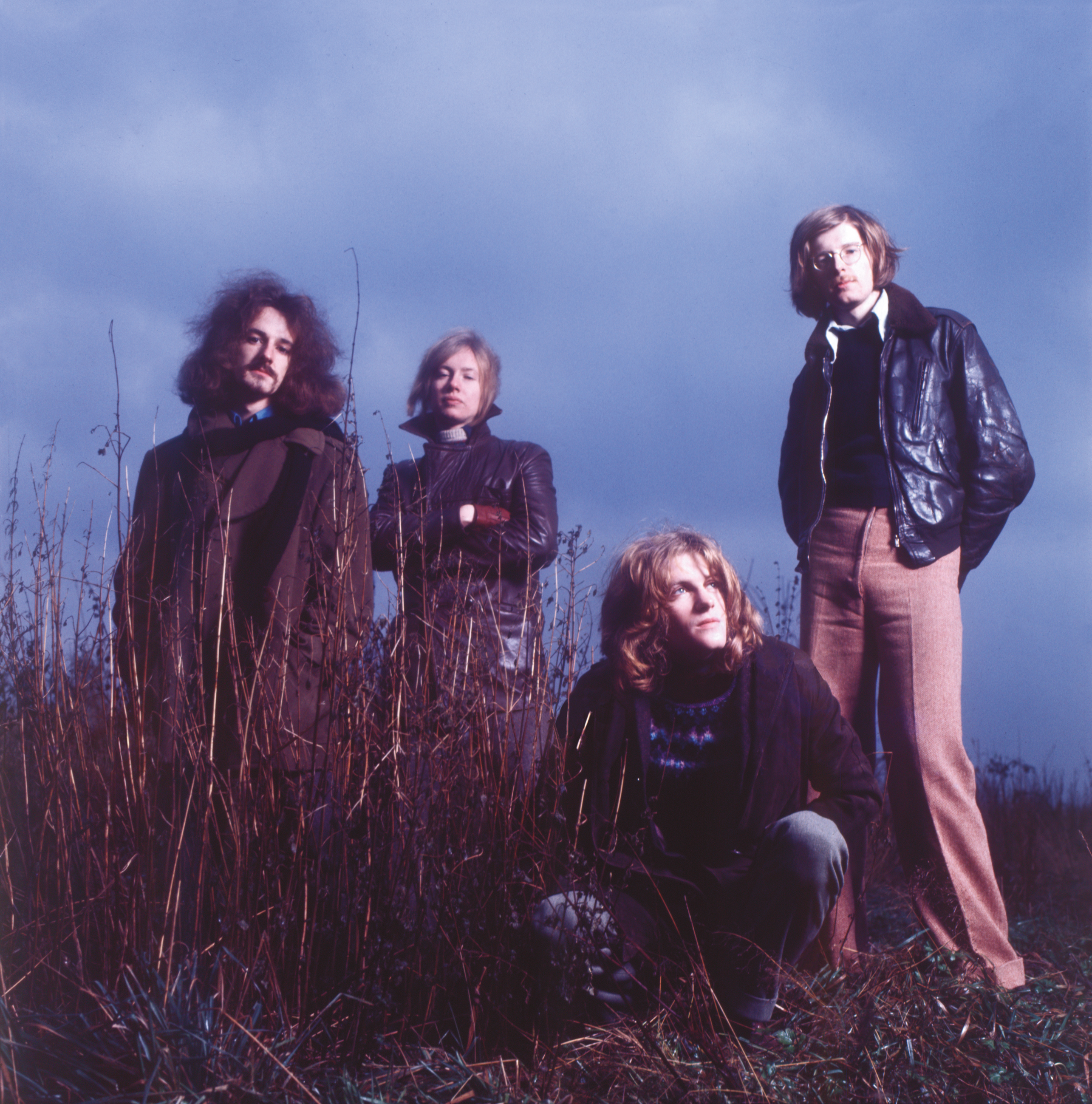
Their performances in Berlin in front of the Reichstag and in Treptower Park are still among the biggest single concerts this country has ever seen. Barclay James Harvest brought the most triumphant moments of her career in 1980 and 1987, respectively, to around 200,000 people. A career that began fifty years ago and brought fundamental stylistic changes: From melodious symphonic rock to hymn-like prog to elegant pop rock, the skills of the English group still exist today. In double version.
After the failure with the "River Of Dreams" album and the temporary end in 1998, there are now two formations that manage the legacy of Barclay James Harvest: BJH featuring Les Holroyd on the one hand, John Lees' Barclay James Harvest on the other. The two main songwriters of the group have not spoken to each other for a long time, each goes his own way. While Holroyd confines himself to presenting his BJH songs live, Lees and his comrades-in-arms continue the history of the band, which celebrates its fiftieth anniversary this year. eclipsed talked to Lees about exciting years, ups and downs, and experienced a person who rests in himself but at the same time is still not over the loss of his friend Stuart "Woolly" Wolstenholme.
eclipsed: Fifty years of Barclay James Harvest - a truly long time. Can you understand that at all?
John Lees: Difficult. When I started learning to play the guitar, I never dreamed I would. But it didn't feel like it, time passed faster. It's really hard to remember everything there.
eclipsed: Your debut has just been re-released (see review in this issue). How do you like the stereo mix and the bonus tracks?
Lees: Very good. It's nice to hear the old material reprocessed. Fifty years ago the single "Early Morning" was released, on this occasion we recently gave an anniversary concert[on May 6th in Manchester]. It was a special moment for me to play the stuff again, especially my songs and Woolly's.
eclipsed: Would you have to divide the fifty years into phases: Where would you put the markers?
Lees: For me, every album we made was a masterpiece. But the biggest, most successful was certainly "Gone To Earth". It's taken us to another level. But as I said: every single album was a new challenge to write songs that appealed to the people they responded to.
eclipsed: Until the split I see the following three phases: the first years when the band was still looking for their style, the progressive period from 1972 to 1976 and the following pop phase. Are you going with me?
Lees: Yes. And I have to say right away that the band wanted to take the step to commercialization. He was kind of expected of us, too. And due to some single successes that was okay for us, even if we moved away from the progressive scene. With John Lees' BJH we hope to return there again. All these years have been very exhausting, we have always been in competition. Only now can I be the person I was in the early years. I work with good people. We're having a really good time.


